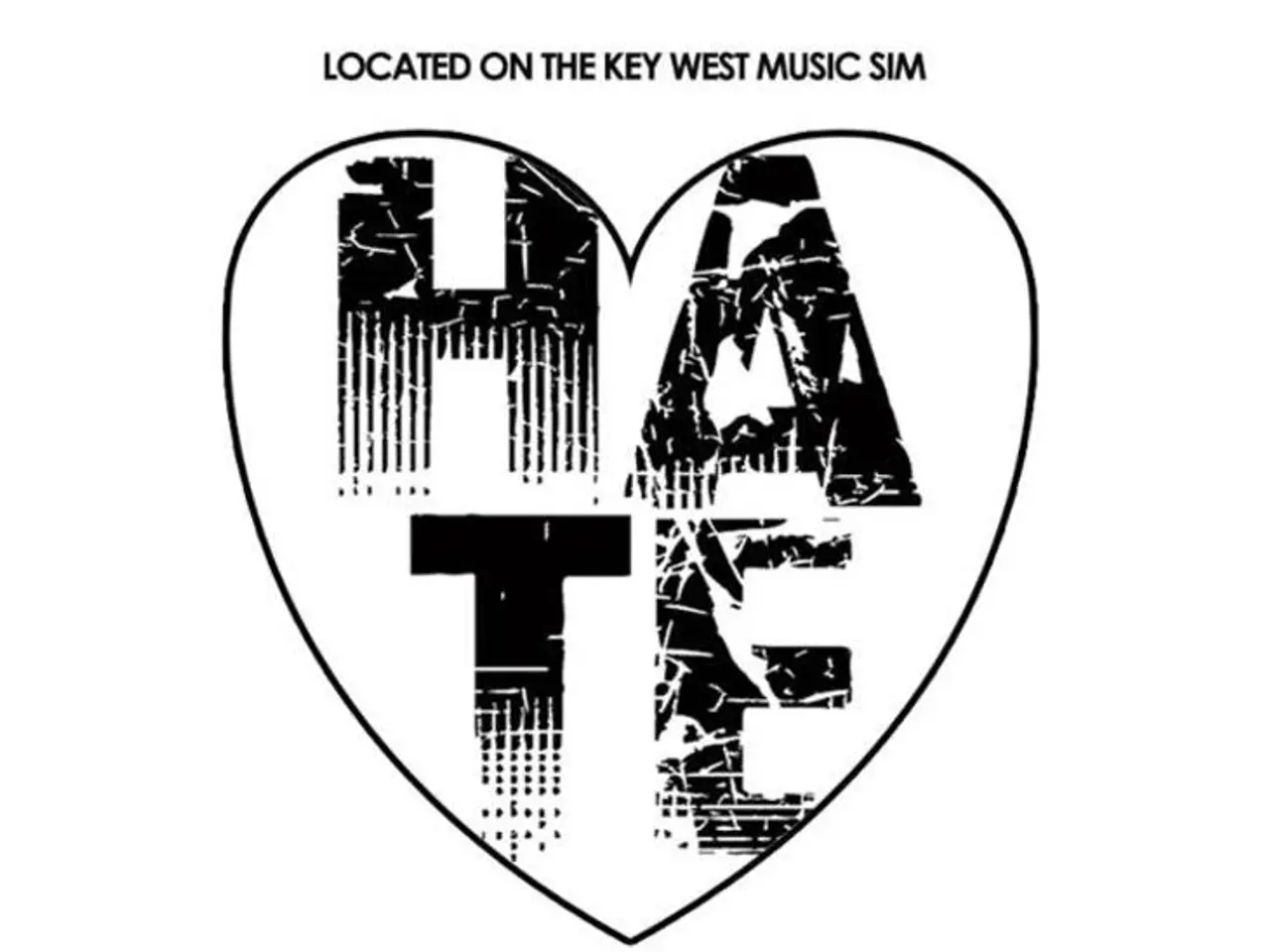Sounding the Alarm: Germans Urge Stronger Action Against Cyber Harrassment and Abuse!
- ± 2 Min Read
Germans predominantly calling for political intervention - Intense Call for Action: Over Half of Germans Urge Politicians to Address Online Hate Speech
Unwanted online abuse, threats, and hostile comments have become a disturbingly common occurrence in Germany, according to a recent survey by Forsa for RTL. Most survey participants (71%) have encountered such behavior, with younger individuals and frequent social media users experiencing it more frequently.
Action Day Against Cyber Harrassment and Abuse on June 18
Despite not necessarily being targeted themselves, an impressive majority (70%) of respondents believe that current efforts by politics against online harassment and abuse fall short, pushing for more action. Even among supporters of the Alternative for Germany (AfD), 55% echo this sentiment. However, only 14% believe that measures combating cyber harassment unjustifiably limit freedom of speech, with a clear majority (83%) rejecting this viewpoint.
The United Nations first declared June 18 as the International Day Against Hate Speech in 2021, highlighting the alarming spread of hate speech through artificial intelligence and biased algorithms. UN Secretary-General António Guterres emphasizes the importance of counteracting toxic digital narratives with empowering and constructive messages.
RTL Germany stands behind this day with the initiative "Together. Against Cyber Harrassment and Abuse." This week, RTL will delve into the impact of negative online culture, offering practical advice, such as ways for affected individuals to cope, the psychological toll of cyberbullying on children, and resources to seek help. Viewers can also learn about their legal rights and the plans that the Ministry for Digital Affairs has in place to combat cyber harassment.
Notes: The survey, carried out by Forsa on behalf of RTL Germany between June 10 and 12, 2025, is representative, with a statistical margin of error of +/- 3 percentage points. Stern is part of RTL Germany.
Insights:
German politics wield a series of legislative and regulatory tools to combat cyber harassment and abuse, which, while aimed at upholding digital decency, have sparked debate among the public and human rights watchdogs regarding their impact on freedom of speech. Key actions include the Network Enforcement Act (NetzDG) of 2017, Europe-wide regulations such as the Digital Services Act (DSA), and policing measures aimed at curbing extremist activities at protests.
While some criticize these measures for potentially infringing on freedom of speech and assembly, others advocate for stronger protections against online abuse. The balance between safeguarding privacy, fostering open discussion, and countering harmful online conduct remains a complex issue in present-day Germany.
Sources: Forsa, United Nations
Tags: Cyber Harrassment, Abuse, Forsa, Polling Institute
- In light of the rising concern over cyber harassment and abuse, there is a growing call from the German community for a stronger employment policy within politics, aiming to address the issue effectively and safeguard digital decency without encroaching upon freedom of speech.
- As general-news outlets like RTL continue to cover the impact of cyber harassment and abuse, the employment policy within these organizations, particularly regarding the reporting of online violence, becomes a crucial aspect of the community policy to combat this issue and promote a safer digital environment.





